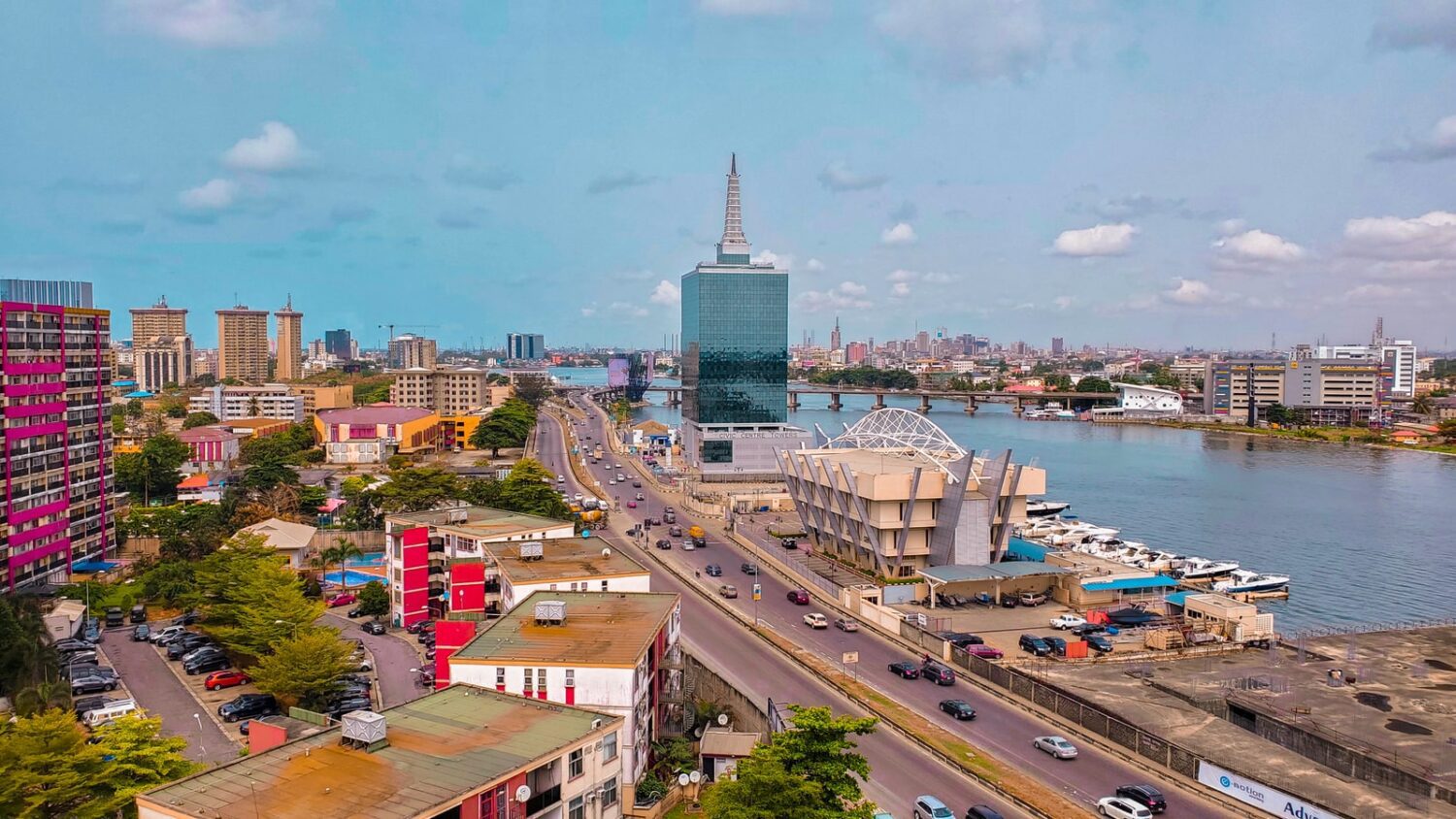South African theologian and academic Rev. Jerry Pillay will take over as general secretary of the World Council of Churches (WCC) in January 2023, the WCC has announced.
He was elected on June 17 as the ninth general secretary in the WCC‘s history since the fellowship of 580 million Christian in 352 churches worldwide.
The World Council of Churches has in its fold most of the world’s Orthodox churches, Anglican, Baptist, Lutheran, Methodist, and Reformed churches, as well as many United and Independent churches.
“Our task here is not to play church. Our task is actually to follow God’s command,” said Pillay, a member of the Uniting Presbyterian Church in Southern Africa who is currently dean of the Faculty of Theology and Religion at the University of Pretoria.
The WCC general secretary-elect believes growing up in South Africa as a person of Indian origin will help his approach to conflict and suffering,
The general secretary-elect of the WCC believes that growing up during a period of conflict and suffering in South Africa will stand him in good stead when he takes up his position as the head of the ecumenical body in January as a leader who believes in dialogue.
He is the second African chosen to lead the WCC.
He will replace outgoing acting general secretary Rev. Ioan Sauca who began serving in that position in April 2020 when the previous general secretary, Rev Olav Fykse Tveit, was appointed as the presiding bishop of the Church of Norway.
The WCC’s central committee, the council’s main governing body, elected Pillay, leaving South Africans cheering that their theologian would be the first WCC general secretary from their country.
He held a hybrid press conference at which he was asked about his vision of the WCC when he takes up his post; and other questions, appearing at ease in answering them.
“Important for me is the idea of justice and unity. I think unity is the task of the WCC—to continue to work at visible unity, and Christian unity is so important. And I will say it again, that a divided church presents a very weak and feeble and fragile witness to a very fragmented world.”
He said that unity is essential, as is justice.
“Some people tend to favor one over the other. I hold both in equal terms.”
He said that the God of justice demands for us “to care for the poor and the neglected….and stand with the oppressed in their situations.
FIGHTING APARTHEID
“And the World Council of Churches has done this in the past. Me coming from South Africa, it’s bigger than my personal experience of how the WCC played a very vital role in dismantling apartheid, in standing with Christians in solidarity,” explained Pillay
“So we will continue to do with other parts of the world as we stand with the oppressed.”
Pillay was one of two candidates for election to the WCC’s highest administrative post. The other was Dr. Elizabeth Joy, the first woman to be shortlisted as a candidate for general secretary in the WCC’s history.
When Pillay studied at university in the 1980s, the institutions were segregated for undergraduates, and as an Indian South African, he attended the University of Durban Westville.
Later, he got a PhD from Rhodes University, which had been for whites.
One journalist asked Pillay about Moscow’s Patriarch Kirill “supporting Russia’s brutal war of aggression” in Ukraine and if it could result in the Russian Orthodox Church being suspended from the World Council of Churches.
“The World Council of Churches would advocate dialogue, conversations, bringing people across the table and asking, what is it that prompts and inspires as well?” said Pillay.
“We need the Patriarch; we need the Russian Orthodox Church with us in these conversations; we can’t have them without them. So, suspension is not on the cards at the moment, especially if we advocated things like dialogue.”
DEEPER UNDERSTANDING
Pillay said that is the way to get a “deeper understanding and appreciation of the issues and be able to make more calculated decisions based on incisive wisdom.”
He was asked about his origins in South Africa and said he was born and bred as a South African Indian – of Indian descent, “but I have had no connections whatsoever with India, My great-great-grandfather, probably five generations ago, came to South Africa.
“I have visited India many times; I’ve tried to look at some of these connections…But for myself, I’m really of South African descent, as an Indian.”
Asked about the South Africa of Demond Tutu and Gandhi, Pillay said one of the things about South Africa specifically that kept them sane amid the insanity of apartheid “was our spirituality.”
“In those dark days of apartheid, I would go into the (black) townships, and I would be so deeply inspired, and yet even sometimes troubled by the fact that I would see people laughing and praying and rejoicing and dancing on the streets.
“And I would ask myself, how in the world can you do this in the midst of suffering? And then I realized very quickly the spirituality in that suffering.”
Dr Agnes Abuom, moderator of the WCC central committee and Bishop Mary Ann Swenson, the vice moderator, also spoke to the journalists. Swenson said a new central committee would be elected at the World Council of Churches 11th Assembly.
















